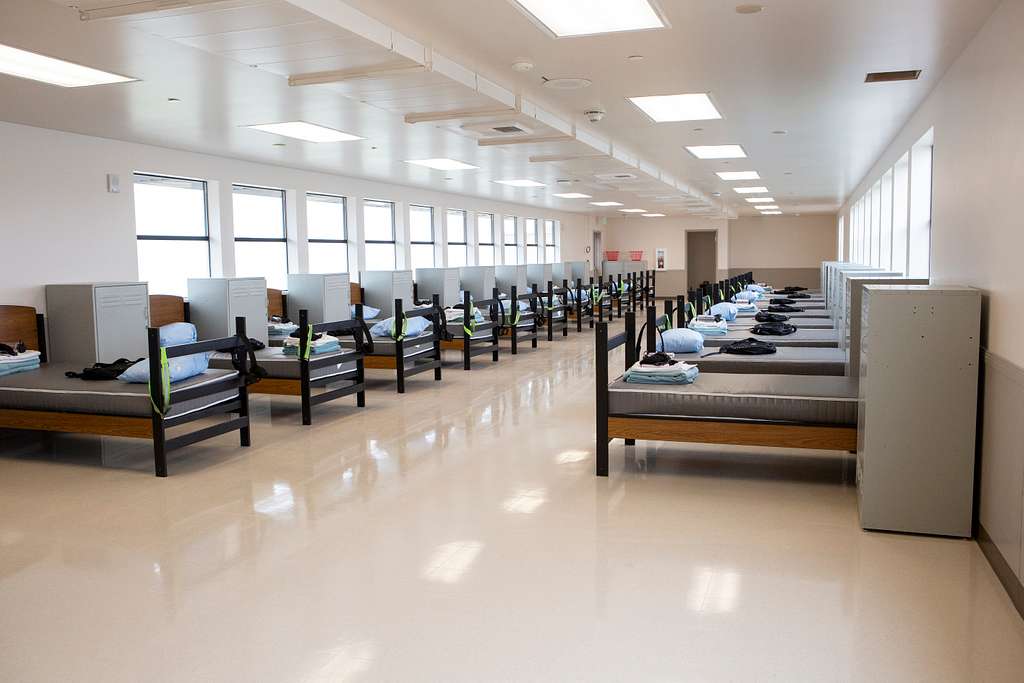When I arrived on campus for the start of my freshman year, I was surprised by how many people were here. Besides starting my transition into and becoming a part of the Saint Anselm community, there were so many fresh faces and people to meet. With this many people, other than finding out their names, majors and interests, the question came to mind: Where are all of these people going to be?
With our class swelling with 580 freshmen, including around 30 transfers, there seems to be a rising issue of housing here on campus. I have heard a plethora of complaints about the placements of those living on campus, from the freshmen in J.O.A. and Streets, to the upperclassmen in Lowers. This problem, in many ways, hinders Saint A’s and will be a challenge in the years to come for higher education.
Across the country, many campuses are dealing with the issue of over-enrollment, particularly at schools such as UMass Amherst, where my parents struggle with finding housing for my older brother. They got lucky and found something nearby, but the same cannot be said for many other families there. It has gotten so bad at some campuses that many are housing their first-year students at hotels nearby, with few amenities besides the buildings themselves.
Many students in that particular predicament struggle with their housing, being at times too far from the main campus and their classes. I saw this firsthand with my friend who attends Northeastern University in Boston. The hotel that he stayed at used to be a decently priced hotel in the Back Bay area of Boston, with the other options being luxury hotels only the rich and wealthy could afford. Instead, with Northeastern’s growth, the hotel has now been converted into a dormitory that houses around 500 students.
This issue can be confronted, but it exposes, beyond every measure, that at least in America, we unfortunately have too many people attending university. And while it is still declining, we still have a huge college population spanning across the country, from the coast of Malibu to the woods of central Maine. Now, the question is, “Is it bad to have many people attending university?” While it may be harsh to say we have too many people attending university, our economy relies on those attending university and getting valuable degrees in many different areas.
College is still a driver of upward mobility in the country, even with all the debt students develop on their way to achieving their diplomas. Most people who grew up middle-class, can now get a degree in business, engineering or political science, and can look for a decent-paying job near home after graduation. More than that, college opens up a possibility of networking that non-college routes, as a whole, don’t offer to the same extent. With the right connections and friend groups, you can open a whole world for yourself that would not have been possible for those who didn’t attend college. It is truly transformative from what I hear, and there is so much to offer from the institution itself.
As a whole, the issue of campus housing and where to fit people is something that deserves more attention, not in one op-ed in a student newspaper, but instead in the enlightenment of our discourse, at least politically, and in particular in terms of discussing college. I hope that with this article, those who consider themselves campus leaders decide to plan talks and later solutions to help solve this issue so that our community remains vibrant and strong.


